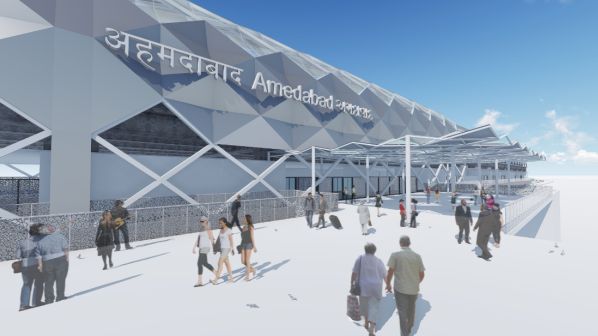The issues will also be discussed at the next inter-governmental meeting of the project monitoring group headed by the Niti Aayog, an Indian government think tank, vice-chairman, Mr Rajiv Kumar, officials said.
Recent news reports indicate that the cost of the Jica-funded project had risen from $US 14.7bn to $US 19.2bn on account of the Indian government’s demand for constructing reinforced elevated bridges and using TBMs for excavation of the 21km of tunnels required for the project. The original feasibility study had estimated the project cost at Rs 970bn ($US 13.59bn).
Project allocations in this year’s Indian budget, according to the report, have been found to be $US 4.5bn less. In addition, there are reports that the project completion deadline was likely to be pushed back from 2023 to 2028.
While National High-Speed Rail Corporation Limited (NHSRCL) managing director, Mr Achal Khare, admitted to the “slow pace” of the land acquisition process and certain engineering modifications that the Indian side has sought, he said that reports of cost escalations and delays in completion deadlines were “speculative.”
“Until the civil work tenders are finalised [this month], there can be no clarity in such matters,” Khare said. “As of now, the project cost [Rs 1.080bn or $US 15 billion] which includes the cost of constructing viaducts and tunnels - remains the same.”
Funding
Jica is funding 81%, or Rs 880bn, of the project’s cost through a 50-year loan at an interest rate of 0.1%, with a 20-year moratorium on loan repayment. The remaining costs will be borne by the state governments of Maharashtra and Gujarat.
While civils work on the Ahmadabad high-speed station have begun, construction work on the line is likely to commence in March.
NHSRCL officials indicated that project costs could go up marginally because of the Indian government’s suggestion of using TBMs rather than drill and blast, as had been originally planned in the Detailed Project Report (DPR).
The tunnels include a 7km long undersea tunnel and a passage beneath a Flamingo sanctuary in Thane Creek, near Mumbai. “The cost impact of this engineering modification has not been worked out,” officials said.
Jica project manager Mr Shinsuke Nagai told IRJ that “all issues including design, costs and completion schedules were being discussed by officials of the two governments”.
Meanwhile, NHSRCL recently floated tenders to conduct Stage-I Preliminary Route Development surveys for the six other high-speed rail corridors announced by finance minister, Ms Nirmala Sitharaman, in her budget speech on February 1. The six proposed corridors are: Delhi - Varanasi (865km), Delhi - Ahmedabad (886km), Delhi - Amritsar (459km), Mumbai - Nashik - Nagpur (753km), Mumbai - Pune - Hyderabad (711km) and Chennai - Mysore - Bangalore (435km). Bids can be submitted until February 21.

